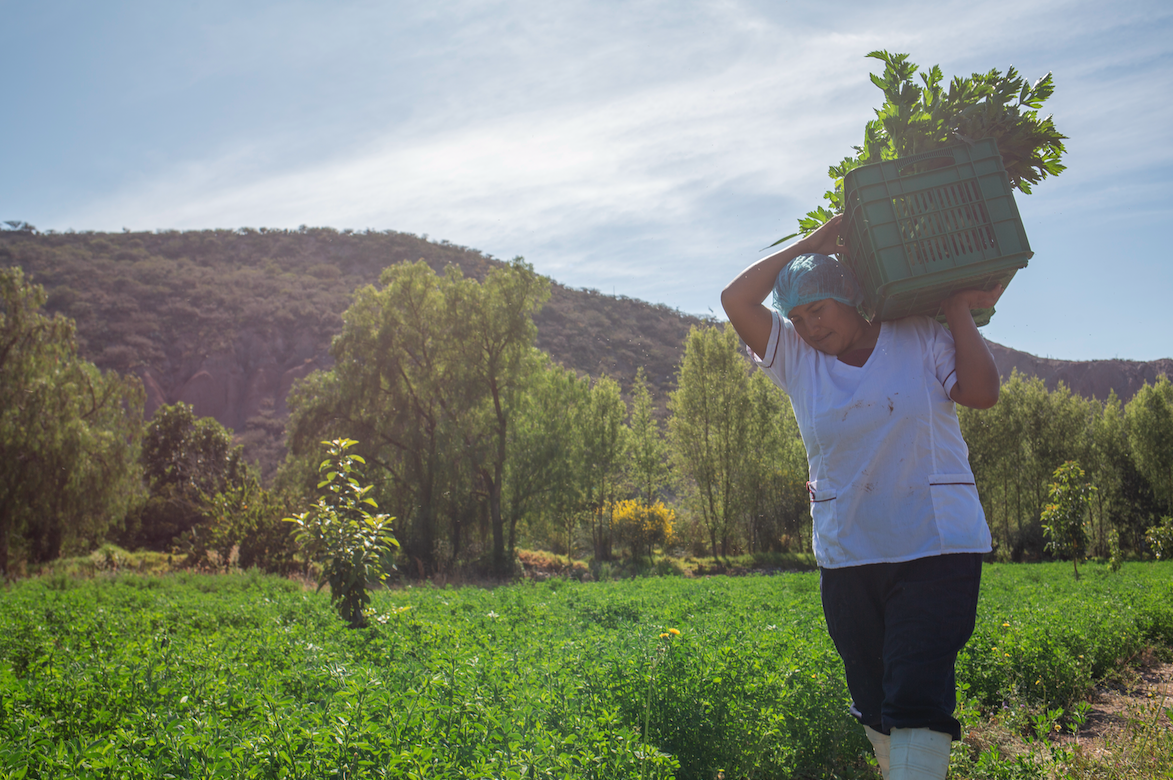
Small farmers who supply food to the National School Feeding Program (PNAE) see an increase of between 23% and 106% in their income, according to a study by the Institute for Applied Economic Research (Ipea) released on January 7.
Under the PNAE, the food purchased is destined for school meals, based on menus drawn up by nutritionists, guaranteeing a healthy and adequate diet for pupils in public schools. By law, 30% of school food products must be purchased from family farmers.
The same study shows that another federal government program, the Food Acquisition Program (PAA), also has a positive impact of between 19% and 39% on the income of family farmers.
Under the PAA, governments buy food from family farmers through public calls for tender, without the need for a bidding process, and the products purchased are donated to welfare and philanthropic organizations to supply prisons, popular restaurants, community kitchens and food banks, among others.
For Albaneide Peixinho, coordinator of the Projects unit of the WFP Center of Excellence against Hunger in Brazil, public policies aimed specifically at family farming are very important and should be expanded. “This policy is guaranteed by federal law, which only concerns resources from the federal government. States and municipalities must also have their own legislation and guarantee their own resources, making it possible for a greater number of small farmers to participate as suppliers,” she said.
For Ipea’s planning and research technician and one of the study’s authors, Sandro Pereira Silva, the results show that public purchases of food from family farming are strategic for improving the population’s nutritional indices and at the same time encouraging sustainable production models. “These purchases also promote rural development by generating income for the producers involved,” he said.
Access the full study.




